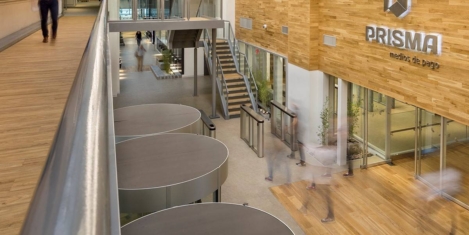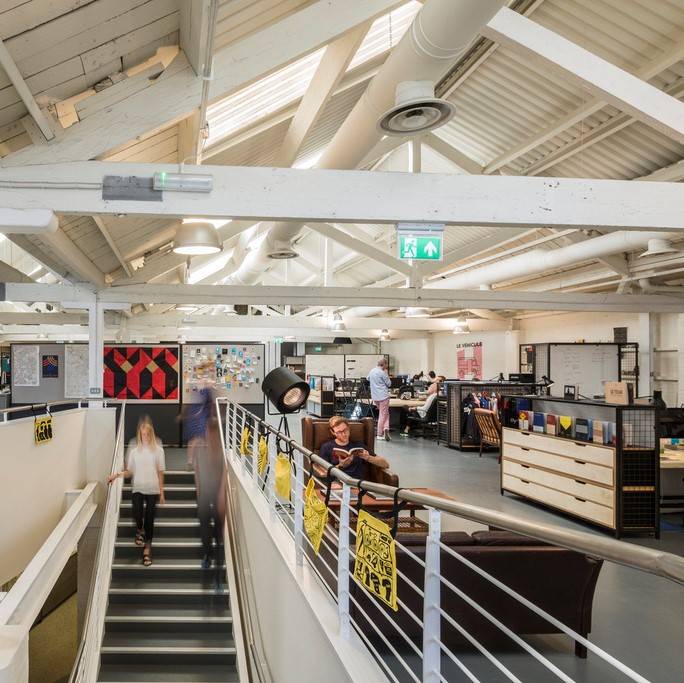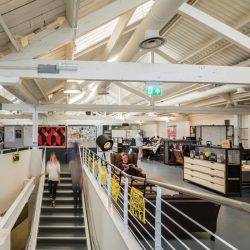To provide the best experiences, we use technologies like cookies to store and/or access device information. Consenting to these technologies will allow us to process data such as browsing behaviour or unique IDs on this site. Not consenting or withdrawing consent, may adversely affect certain features and functions.
The technical storage or access is strictly necessary for the legitimate purpose of enabling the use of a specific service explicitly requested by the subscriber or user, or for the sole purpose of carrying out the transmission of a communication over an electronic communications network.
The technical storage or access is necessary for the legitimate purpose of storing preferences that are not requested by the subscriber or user.
The technical storage or access that is used exclusively for statistical purposes.
The technical storage or access that is used exclusively for anonymous statistical purposes. Without a subpoena, voluntary compliance on the part of your Internet Service Provider, or additional records from a third party, information stored or retrieved for this purpose alone cannot usually be used to identify you.
The technical storage or access is required to create user profiles to send advertising, or to track the user on a website or across several websites for similar marketing purposes.
 South American workplace designer and fit out specialist Contract Workplaces has become the latest organisation to join The United Workplace (TUW). With over 20-years’ experience working across ten countries from Mexico in central America right down to Southern Ocean, Contract Workplaces dramatically increases the reach of the TUW as a global business network of workplace design and fit-out firms. Beginning with its founding partners Fourfront Group in the UK and Amicus in Australia, TUW now has members in the Middle East, USA and South America.
South American workplace designer and fit out specialist Contract Workplaces has become the latest organisation to join The United Workplace (TUW). With over 20-years’ experience working across ten countries from Mexico in central America right down to Southern Ocean, Contract Workplaces dramatically increases the reach of the TUW as a global business network of workplace design and fit-out firms. Beginning with its founding partners Fourfront Group in the UK and Amicus in Australia, TUW now has members in the Middle East, USA and South America.


































October 31, 2018
What is in a name for the UK facilities management sector?
by Jo Sutherland • Comment, Facilities management
(more…)